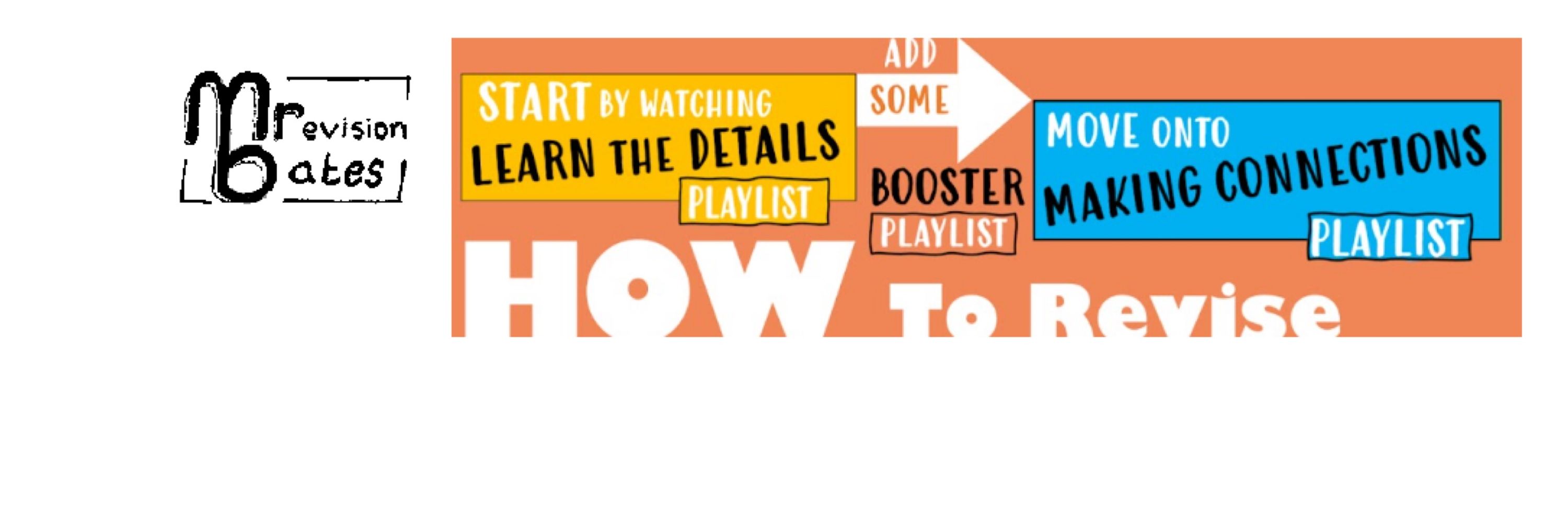
Mr Lee Bates
@mrbates.bsky.social
190 followers
250 following
1.4K posts
Interested in learning
https://youtube.com/@mrbatesrevision?si=yuR_ESToI_44jRbN
Posts
Media
Videos
Starter Packs



